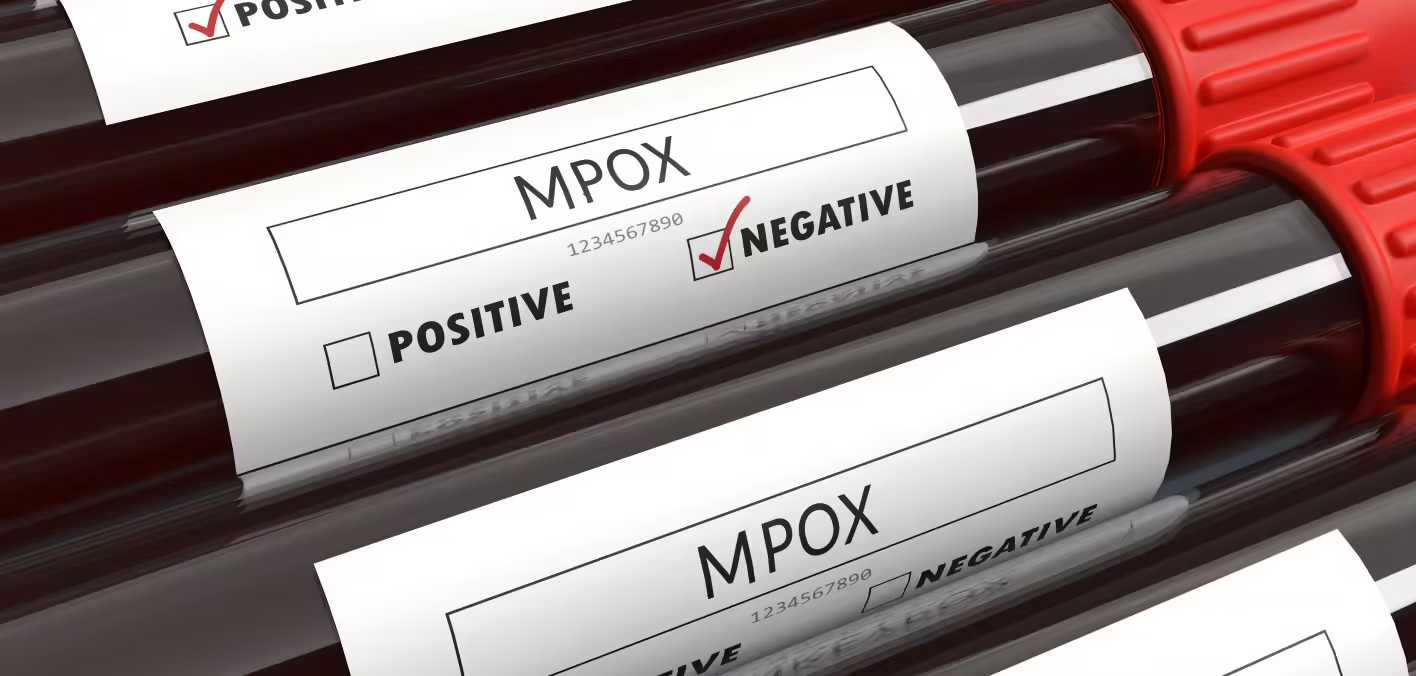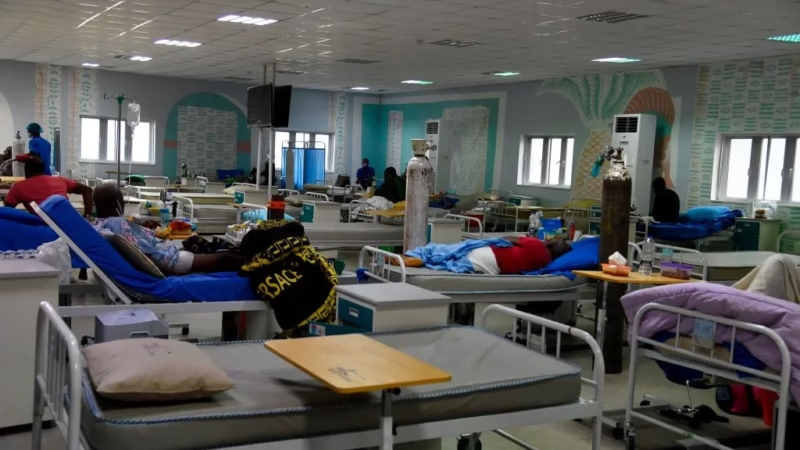First Mpox Diagnostic Test Approved By WHO For Emergency Use

The World Health Organization (WHO) has taken an important step toward improving global access to mpox testing by placing the mpox in vitro diagnostic on its emergency use list for the first time.
In a statement, WHO said the emergency use approval of the Alinity m MPXV assay, manufactured by Abbott Molecular, is critical in expanding diagnostic capacity in countries experiencing outbreaks of mpox, where demand for rapid and accurate testing has increased significantly.
The World Health Organization notes that early diagnosis of mpox enables timely treatment, care, and control of the virus.
In Africa, “limited laboratory capacity and continued delays in confirming measles cases contribute to the continued spread of the virus, with more than 30,000 suspected cases reported in the region in 2024, with the Democratic Republic of the Congo, Burundi, and Nigeria having the highest numbers. In the DRC, only 37% of all suspected cases were tested this year.
According to WHO’s interim guidance on diagnostic testing for Mpox virus, confirmation of the virus is achieved by nucleic acid amplification tests such as real-time or conventional polymerase chain reaction (PCR), and the recommended specimen type for diagnosis is lesion material.
The Alinity m MPXV assay is a real-time PCR test designed to detect monkeypox virus (clade I/II) DNA from human skin lesion swabs. The test is intended for use by trained clinical laboratory personnel skilled in PCR technology and in vitro diagnostic (IVD) procedures. By detecting DNA in samples of pustular or vesicular rash, healthcare professionals can efficiently and effectively confirm suspected cases of mpox.
The first mpox diagnostic test on the emergency use list is an important milestone in expanding test availability in affected countries,” said Dr. Yukiko Nakatani, WHO Assistant Director-General for Access to Medicines. “Improving access to quality-assured medicines is at the heart of our efforts to help countries stop the spread of the virus and protect their populations, especially in underserved areas.
The EUL process responds to public health emergencies of international concern (PHEIC) and ensures rapid access to life-saving medical products such as vaccines, tests, and treatments.
On August 28, 2024, WHO invited manufacturers of in vitro diagnostic products in mpox to submit a statement of participation in the EUL.
The EUL process will assess the quality, safety, and performance of essential health products, such as diagnostic tests, to guide procurement agencies and WHO Member States in making informed decisions for emergency procurement.
So far, WHO has received three additional applications for EUL evaluations and is continuing discussions with other IVD manufacturers to expand the range of quality-assured diagnostics options.
This will allow countries that have not approved these medical products through their own regulatory processes to procure critically needed tests through UN agencies and other procurement partners.
The EUL for the Alinity MPXV assay will remain in effect as long as the PHEIC justifying the emergency use of MPX IVDs remains in effect.”



